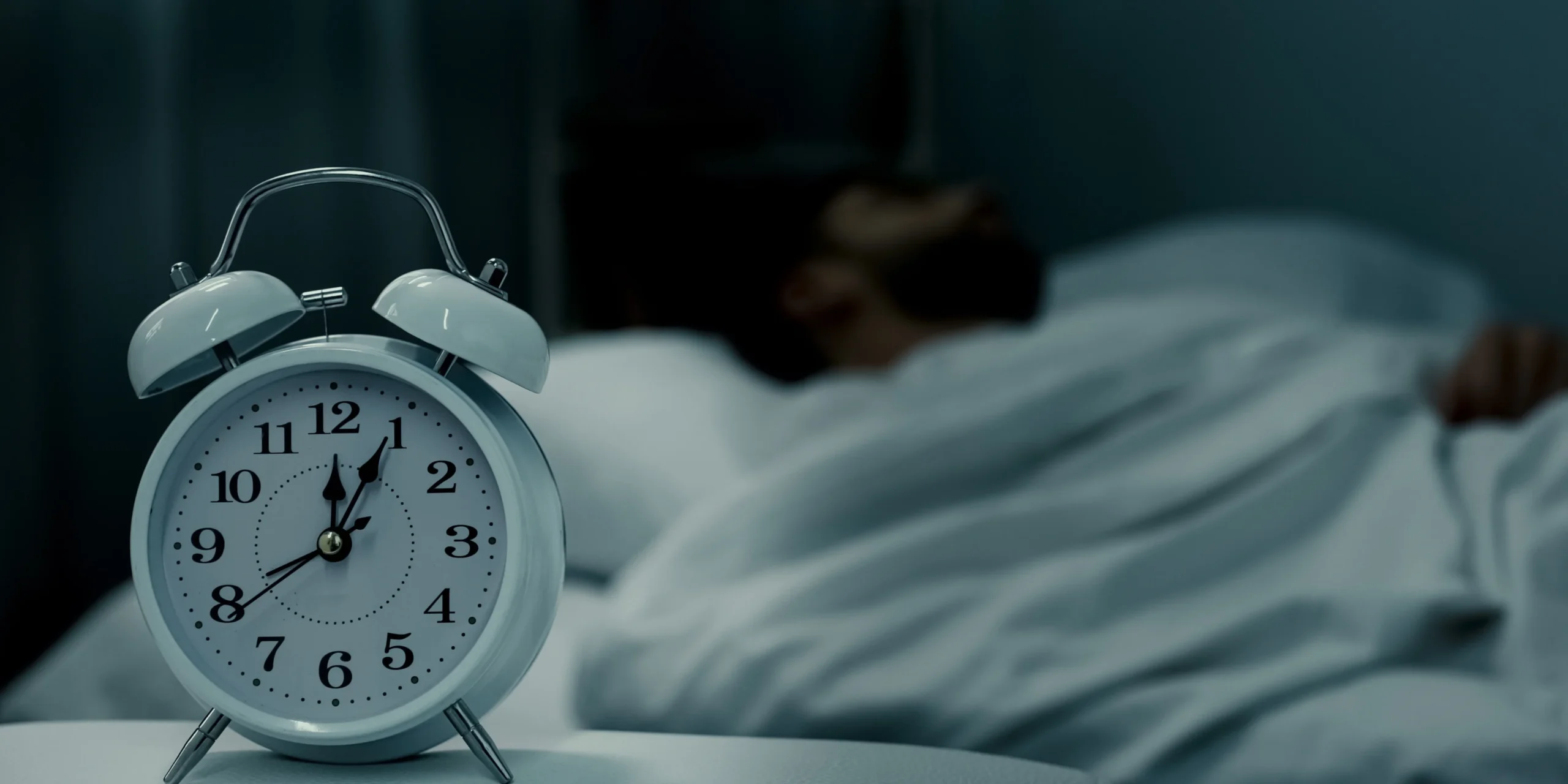The Silent Impact of Sleep: Unlocking the Secrets of Better Health

Sleep is often the first thing we sacrifice when life gets busy. Deadlines, late-night shows, social events, and stress can all push bedtime further and further into the night. But while we may think we’re simply borrowing time, what we’re really doing is compromising our health—sometimes in ways we don’t even realize. Sleep is not a luxury; it is a biological necessity, just like food and water. In this article, we’ll dive deep into why sleep matters, the dangers of chronic sleep deprivation, and how to improve the quality of your sleep for long-term health and well-being.
Why Sleep Is More Important Than You Think
Sleep is essential for both physical and mental restoration. During sleep, the body undergoes processes critical to healing, memory consolidation, emotional regulation, and detoxification of the brain. Far from being a passive state, sleep is an active period where the brain and body engage in vital functions.
According to the Centers for Disease Control and Prevention (CDC), adults need 7 to 9 hours of sleep per night. Yet, studies show that more than one-third of adults consistently fail to get this amount. Over time, this sleep debt leads to serious health consequences.
The Stages of Sleep and Their Functions
There are two main types of sleep:
- Non-REM (Rapid Eye Movement) Sleep: This stage includes deep sleep, which is responsible for physical restoration. It helps with muscle repair, tissue growth, and immune function.
- REM Sleep: This is the dream stage, important for brain development, emotional regulation, and memory consolidation.
The body cycles through these stages multiple times during the night. Disruptions to these cycles reduce sleep quality and impair recovery.
The Consequences of Sleep Deprivation
Sleep deprivation affects nearly every system in the body. Let’s explore some of the key consequences:
1. Weakened Immune System
Even a few nights of poor sleep can weaken the immune response, making you more susceptible to infections like colds and the flu.
2. Increased Risk of Chronic Diseases
Long-term sleep deprivation is linked to increased risks of:
- Heart disease
- Type 2 diabetes
- High blood pressure
- Obesity
- Stroke
3. Mental Health Issues
Lack of sleep is strongly associated with anxiety, depression, and mood disorders. Poor sleep can worsen symptoms and make mental health recovery more difficult.
4. Cognitive Impairment
Sleep plays a crucial role in concentration, learning, and memory. Chronic sleep loss leads to reduced alertness, impaired judgment, and decreased productivity.
5. Hormonal Imbalance
Sleep affects the production of key hormones, including insulin, cortisol, ghrelin, and leptin. Disruptions can lead to weight gain, stress, and metabolic disorders.
Sleep and Weight Management
There is a strong link between sleep and weight. When you don’t get enough sleep, levels of the hunger hormone ghrelin increase, while levels of the satiety hormone leptin decrease. This leads to increased appetite, especially for high-calorie and sugary foods.
Additionally, sleep deprivation affects insulin sensitivity, making it harder for your body to process glucose effectively. This contributes to weight gain and raises the risk of type 2 diabetes.
How Sleep Affects the Brain
During sleep, the brain performs a “cleaning” process that removes waste products accumulated throughout the day. This includes beta-amyloid, a protein associated with Alzheimer’s disease. Without sufficient sleep, these toxins build up, potentially increasing the risk of neurodegenerative diseases.
Furthermore, REM sleep is essential for emotional processing. When we skip sleep, we’re more likely to experience irritability, mood swings, and poor emotional control.
Signs of Poor Sleep Quality
Getting enough hours of sleep doesn’t always mean you’re getting good-quality sleep. Some signs of poor sleep quality include:
- Waking up multiple times during the night
- Feeling unrefreshed in the morning
- Snoring or gasping for air (potential signs of sleep apnea)
- Excessive daytime sleepiness
- Difficulty concentrating
Tips for Better Sleep
Improving your sleep doesn’t always require medication. Here are proven strategies to help you sleep better naturally:
1. Create a Consistent Sleep Schedule
Go to bed and wake up at the same time every day—even on weekends. This helps regulate your body’s internal clock and makes falling asleep easier.
2. Build a Relaxing Bedtime Routine
Wind down with calming activities such as reading, meditating, or taking a warm bath. Avoid screens, as blue light suppresses melatonin production.
3. Optimize Your Sleep Environment
Keep your bedroom cool, dark, and quiet. Use blackout curtains, earplugs, or white noise machines if necessary. Invest in a comfortable mattress and pillow.
4. Limit Caffeine and Alcohol
Caffeine can stay in your system for up to 8 hours, disrupting your ability to fall asleep. Alcohol may make you sleepy initially, but it reduces sleep quality and causes more awakenings.
5. Get Exposure to Natural Light
Natural light during the day helps keep your circadian rhythm healthy. Try to get at least 30 minutes of sunlight exposure in the morning or early afternoon.
6. Avoid Napping Late in the Day
While short power naps can be refreshing, sleeping too long or too late in the day can interfere with nighttime sleep.
7. Exercise Regularly
Physical activity promotes better sleep. However, avoid vigorous workouts close to bedtime, as they can be stimulating.
When to See a Doctor
If you consistently have trouble sleeping, snore loudly, or experience excessive daytime drowsiness, it’s important to consult a healthcare professional. Conditions like sleep apnea, insomnia, or restless leg syndrome require medical attention and can be effectively managed with proper treatment.
The Future of Sleep Health
As awareness grows, technology is playing a bigger role in sleep health. Wearable devices can now track sleep patterns, heart rate, and oxygen levels. Smartphone apps offer meditation guides, sleep sounds, and bedtime reminders. Researchers are also exploring the connection between genetics and sleep, which could lead to more personalized sleep solutions.
Conclusion: Make Sleep a Priority
Sleep isn’t a passive activity—it’s an essential process that keeps your mind sharp, your body strong, and your emotions balanced. In a world that often glorifies busyness and sleepless nights, it’s important to recognize that sleep is not a weakness but a foundation for success, health, and happiness.
By respecting your need for rest, making conscious choices to improve sleep hygiene, and seeking help when necessary, you are investing in your health in one of the most powerful ways possible. Remember: sleep well today for a better tomorrow.





